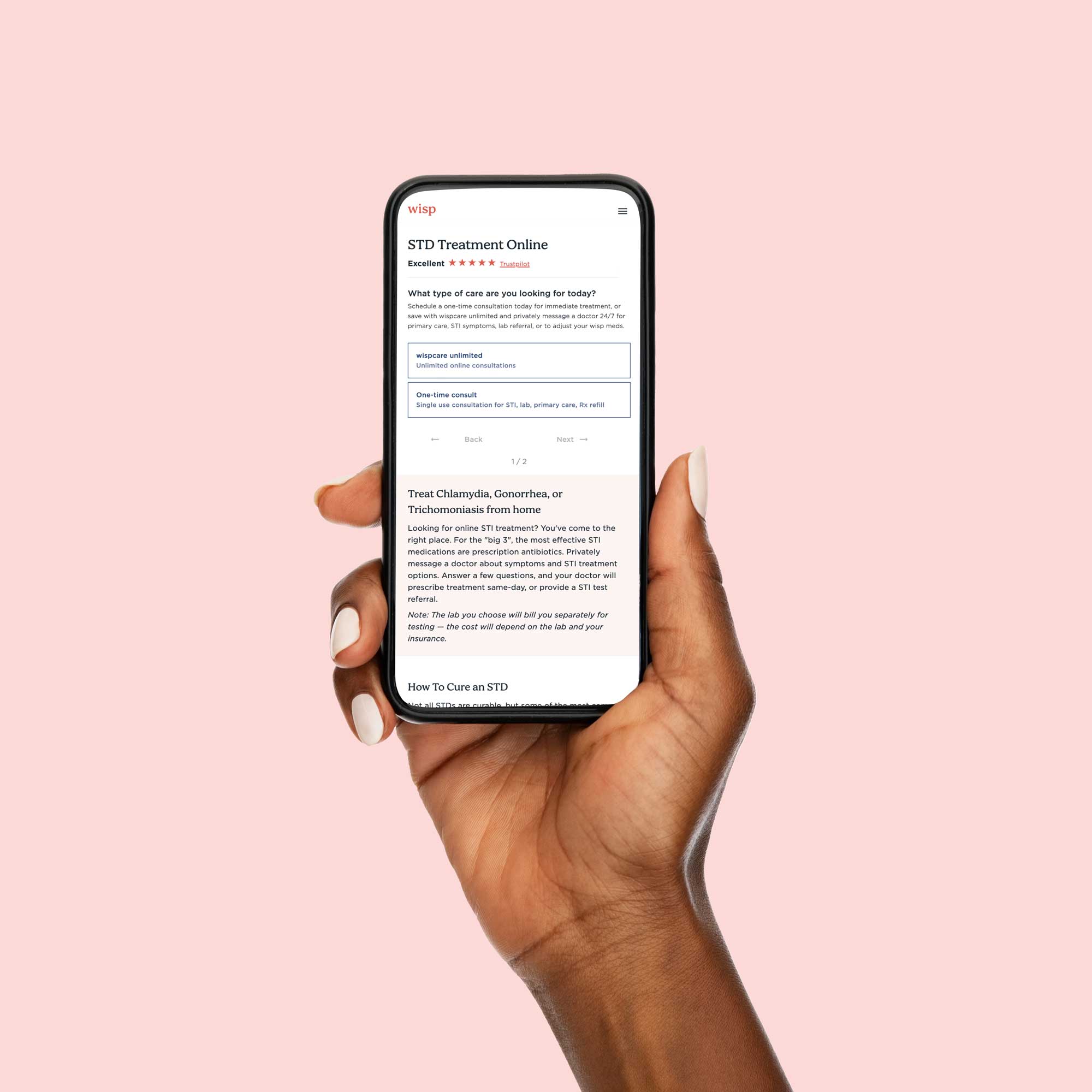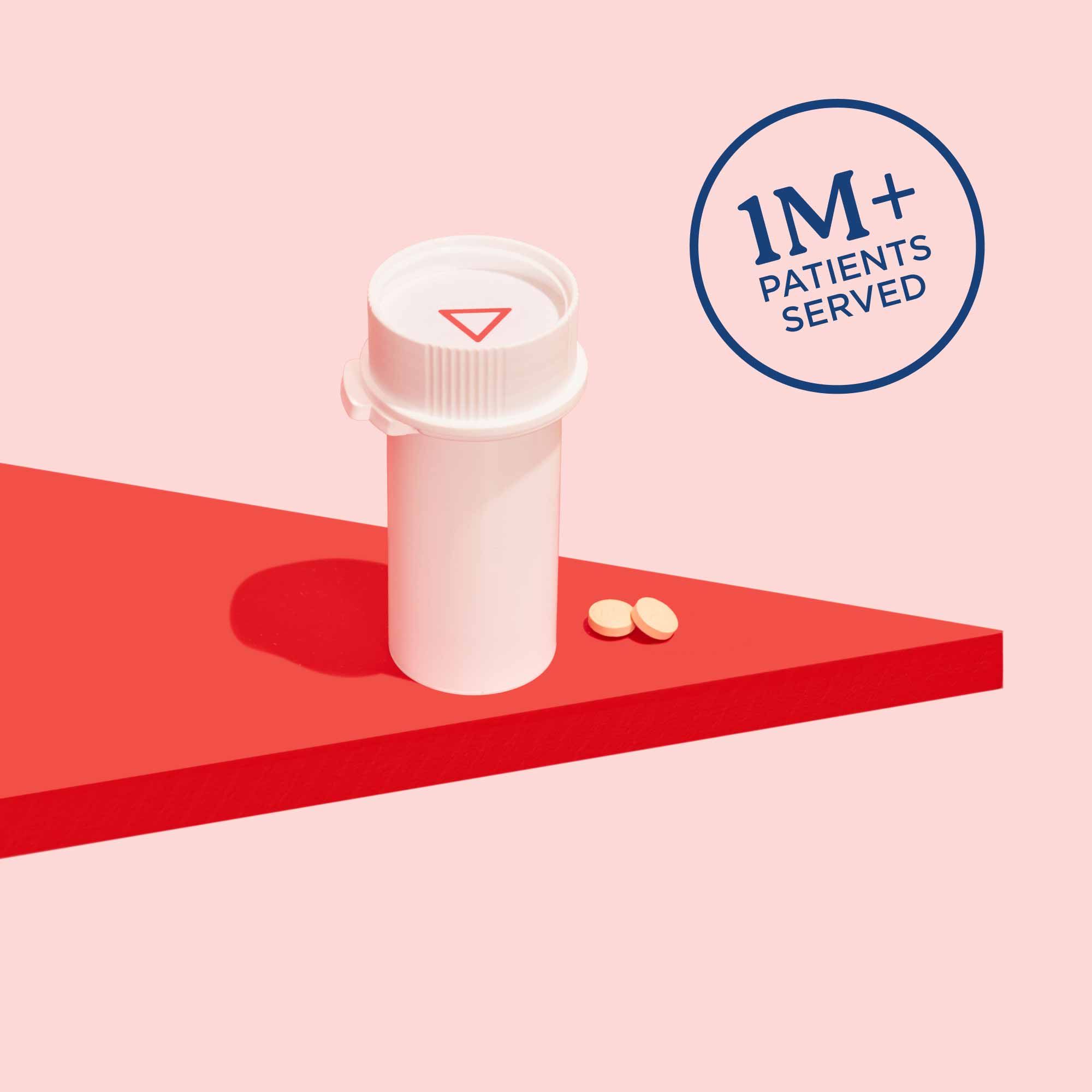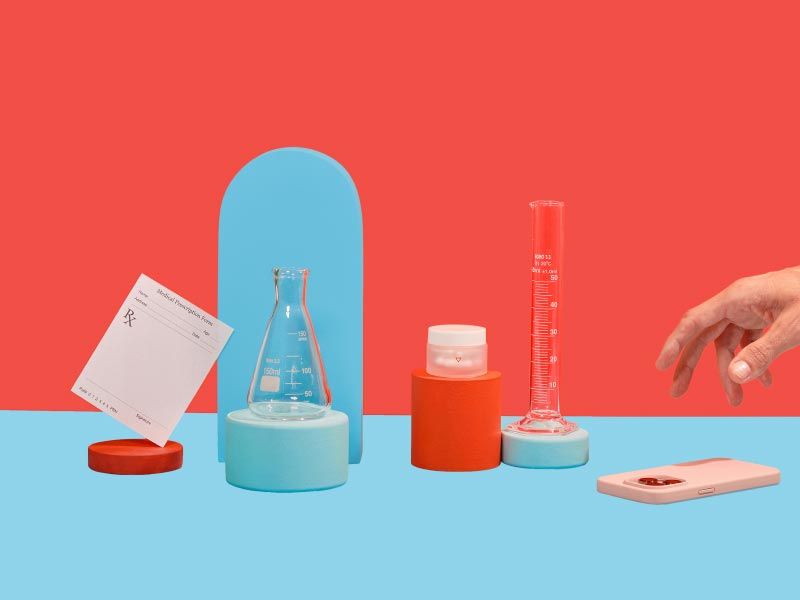
Chlamydia Treatment
Chlamydia Treatment
You’ve probably heard about chlamydia, either in school, among friends or in conversation. That’s because chlamydia is the most commonly reported STD in the United States. Chlamydia can cause uncomfortable symptoms for anyone, as well as permanent reproductive damage.
>##### Chlamydia is the most commonly reported STD in the United States...Unfortunately, many carriers of chlamydia do not show external symptoms, but continue to transmit the infection. — CDC.GOV
Is Chlamydia dangerous?
One of the most significant characteristics of chlamydia is that it is extremely common—all sexually active individuals are at a high risk of acquiring the infection, especially the younger demographic under age 25. Chlamydia is also more likely to infect women than men, yet due to its ability to spread orally and anally, it is prevalent in the gay communities.
Similar to other STD/STIs, carriers of chlamydia do not always present symptoms, yet may pass the infection to their sexual partners. This means that engaging in unprotected sex with a partner who appears healthy, may still result in acquiring infection and developing symptoms.
For men, the symptoms of chlamydia are uncomfortable and should be treated with antibiotics to avoid prolonged discomfort and further spread of the infection. If the infection goes untreated in women, it can influence fertility and make pregnancy difficult or impossible later on. Chlamydia may also lead to “fatal ectopic pregnancy,” or pregnancy occurring outside the womb.
How is Chlamydia diagnosed?
In order to accurately diagnose chlamydia, a doctor-requested lab test is required. Generally, the test requires either a urine sample or swab directly from the infected area.
Laboratory tests can diagnose chlamydia. Your health care provider may ask you to provide a urine sample or may use (or ask you to use) a cotton swab to get a sample from your vagina to test for chlamydia.

At-Home Vaginal Microbiome Screen by Daye
$125
Understand your vaginal microbiome balance and risk of infections using a non-invasive at-home tampon collection kit.
How do I get rid of Chlamydia?
Thankfully, chlamydia can (and should) be cured once identified. Your medical provider will prescribe antibiotics for Chlamydia to ensure the infection stops spreading and is safely cleared from your system. If the full course of antibiotics are not taken, the chlamydia infection can remain and lead to the return of your symptoms, days, weeks, or months later.
Due to the resilience of the chlamydia bacteria, it is fairly common to experience a repeat infection even after treatment. To ensure you are fully cleared of the infection, it is highly recommended you get tested 3 months after treatment.
Can I treat Chlamydia online?
Yes! First, begin by answering a few basic medical questions. A licensed medical provider will review your symptoms and, if safe and appropriate, prescribe treatment. If chlamydia is suspected, and you choose to proceed with treatment, the doctor will put in a request for lab testing to confirm the diagnosis. They may also provide a prescription to begin treating your chlamydia immediately.
>##### Expedited Partner Therapy (EPT) allows doctors to treat the sex partners of patients diagnosed with chlamydia or gonorrhea by providing prescriptions without the health care provider first examining the partner. — CDC.GOV
When you receive your prescription for chlamydia, it is essential that you take the full course of medication prescribed to you by your provider. If your partner is also experiencing chlamydia symptoms, do not split the medication with them. Most states allow “Expedited Partner Therapy,” which makes it possible for you to secure a dose of medication for them without the provider first examining your partner (excluded in FL, OH, WV, KY).
It is important that you take all of the medication your provider prescribes to cure your infection. When taken properly it will stop the infection and could decrease your chances of having complications later on. You should not share medication for chlamydia with anyone.





